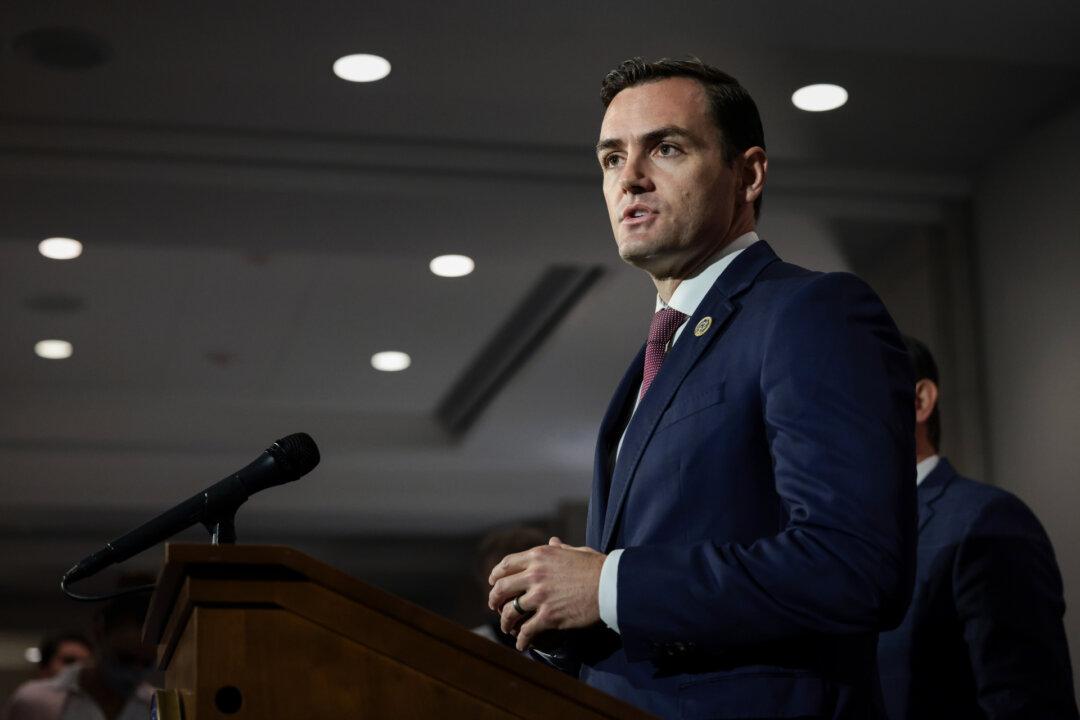U.S. Rep. Mike Gallagher (R-Wis.) has described the AUKUS defence alliance as the “beating heart of the free world.”
This comes as the Republican congressman calls for greater cooperation with the trilateral security pact between Australia, the United Kingdom, and the United States, and for allies to adopt a “war footing” to avoid conflict with Beijing.





